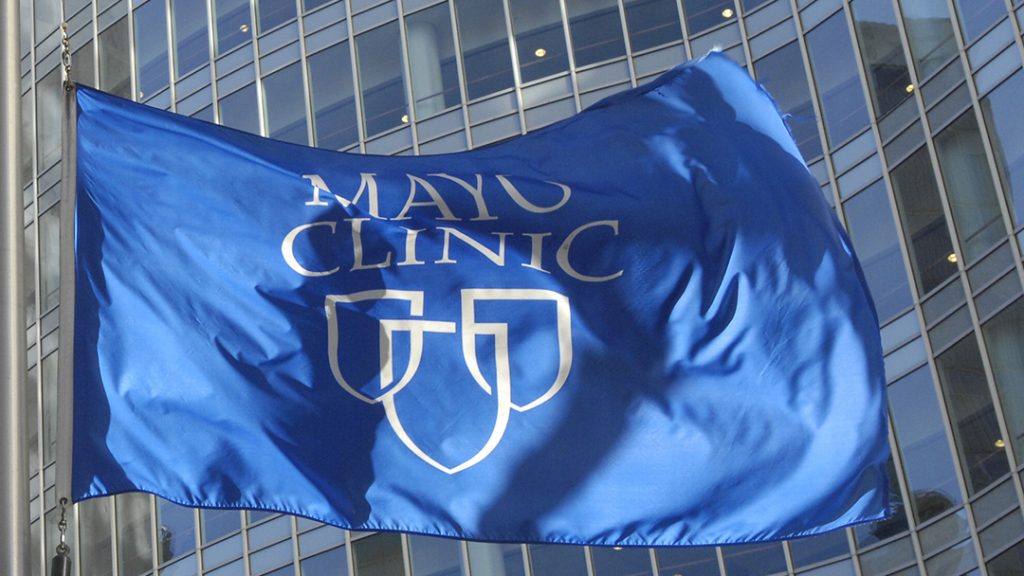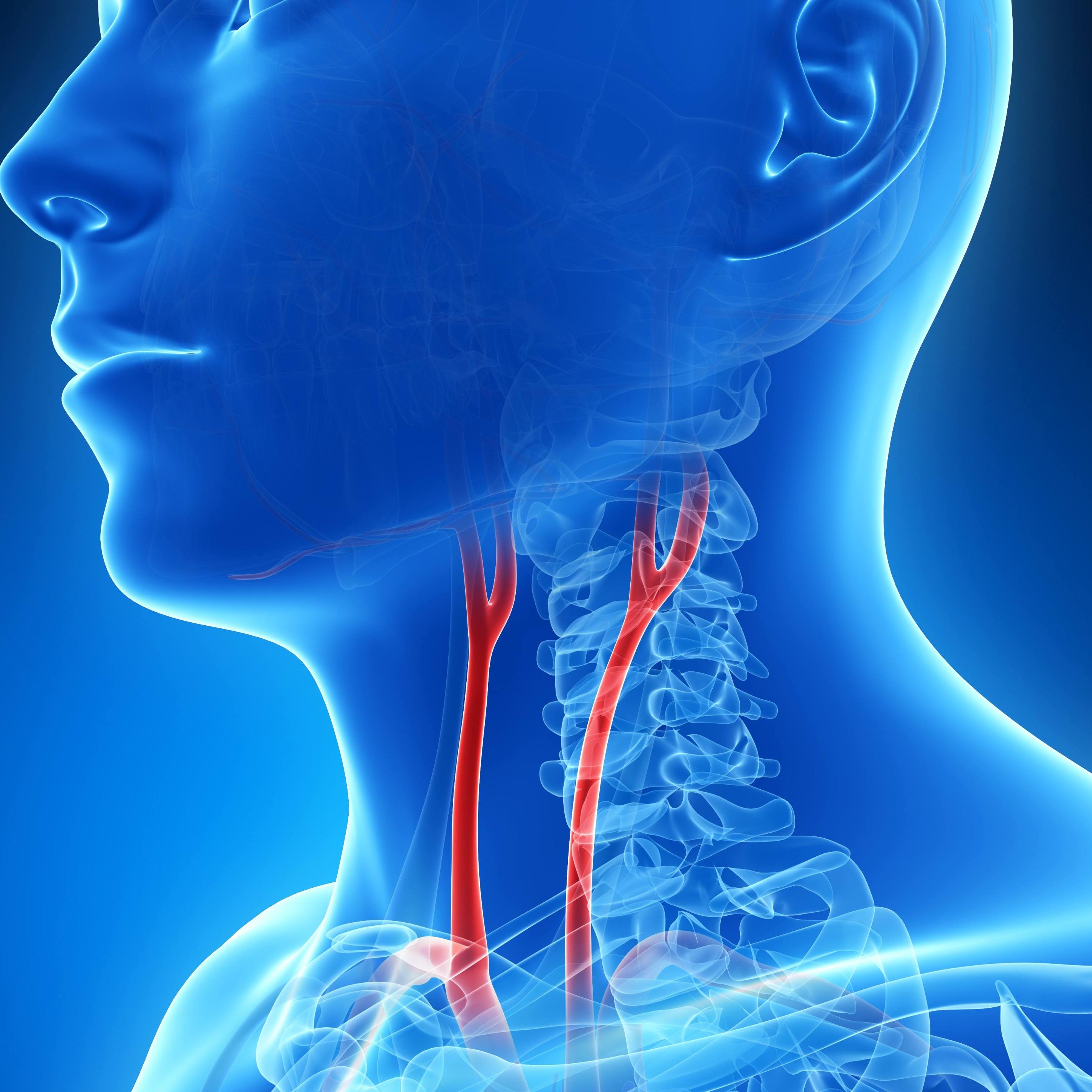-
Addressing sexual harassment requires commitment, values-driven culture

ROCHESTER, Minn. — Sexual harassment is not a new or rare phenomenon in the workplace, but since the #MeToo movement began in late 2017, more victims have come forward to report allegations of harassment at work, including at health care institutions.
As a health care leader, Mayo Clinic has a responsibility to champion a culture of fairness, equity and safety. To demonstrate that commitment and transparency, Mayo Clinic reviewed all sexual harassment complaints and investigations from September 2017 to September 2019 and published the results in a special article in Mayo Clinic Proceedings.
"Mayo Clinic has developed a rigorous approach to effectively and consistently address all allegations of harassment," says Charanjit Rihal, M.D., a Mayo Clinic cardiologist and chair of the Personnel Committee, which oversees physician and scientist employment issues. "As did many other institutions, Mayo Clinic experienced an increase in sexual harassment allegations in late 2017 and early 2018, and the article reviews how these complaints were handled and whether the process aligned with institutional policies."
Watch: Dr. Rihal discusses Mayo Clinic's institutional approach to sexual harassment
Journalists: Video with Dr. Rihal is available in the downloads at the end of the post. Please "Courtesy: Mayo Clinic News Network."
Mayo Clinic's Sexual and Other Harassment Policy was updated in 2017, just before the #MeToo movement gained prominence nationally. The policy defines all types of harassment and how complaints are investigated and addressed.
During the two-year period reviewed, 153 allegations of sexual harassment were received and investigated, and 88 were substantiated. Of the 88 cases where individuals were found to have engaged in conduct that violated Mayo Clinic policies, 59 involved staff who were not physicians or scientists; 22 involved physicians or scientists; and seven involved patients, visitors, contractors or vendors.
For the 88 people accused in substantiated complaints, various levels of action were taken, based on the nature and severity of the misconduct:
- 31 received formal coaching, including nine physicians or scientists.
- 22, including three physicians or scientists, received written warnings ranging from first warning to final warning.
- 35, including 10 physicians or scientists, were terminated from employment or resigned before termination.
Of the 88 substantiated reports, 71, or 80.7%, involved inappropriate comments and/or unwelcome sexual advances; 22, or 25%, involved unwanted touch or physical contact; and 16, or 18.2%, were described as electronic harassment, such as by email and text messaging.
"We found that the overwhelming number of the accused were male, and nearly half were at the same organizational levels as the victims," says Dr. Rihal, the study's first author. "Though more time-trend data is needed, this is consistent with other studies in that the predominant victims are women and the predominant accused are men."
Prior to fall 2017, Mayo Clinic did not track sexual harassment separately from other types of harassment. Since early 2018, the volume of sexual harassment reports at Mayo has declined, though the reasons can be complex, including the organization's expansive commitment to raise awareness and required training for staff. In 2019, 95% of Mayo Clinic staff completed active bystander training to learn how to support a colleague if they observe bullying, harassment or sexual harassment.
The study and article represent a rigorous commitment to addressing sexual harassment, says Cathy Fraser, Mayo Clinic's chief human resources officer and a study co-author. "Our novel approach includes being transparent about results as we work toward elimination of sexual harassment at Mayo Clinic. Until we eliminate every case of harassment, we cannot be complacent ― period."
Mayo Clinic staff can use many resources, including an anonymous hotline, to report concerns about sexual harassment, Fraser says. When a complaint is received, a Human Resources investigator trained in addressing sexual harassment allegations is assigned, beginning a process that involves many layers of review and can involve Mayo Clinic's Legal Department.
"Clinical care, scientific research and health care education requires highly functional teams," says Gianrico Farrugia, M.D., Mayo Clinic's president and CEO, and a study co-author. "When harassment occurs, victims experience serious and potentially lasting damage, team dynamics break down, and patient care may be affected. Clear policies and processes must be in place for addressing harassment of all kinds, but they're only effective if the organization's leaders are committed, set zero-tolerance expectations and follow through. As a global leader in health care, we are completely committed to this."
###
About Mayo Clinic Proceedings
Mayo Clinic Proceedings is a monthly peer-reviewed journal that publishes original articles and reviews dealing with clinical and laboratory medicine, clinical research, basic science research, and clinical epidemiology. Mayo Clinic Proceedings is sponsored by the Mayo Foundation for Medical Education and Research as part of its commitment to physician education. The journal has been published for more than 90 years and has a circulation of 127,000. Visit the Mayo Clinic Proceedings website to view articles.
About Mayo Clinic
Mayo Clinic is a nonprofit organization committed to innovation in clinical practice, education and research, and providing compassion, expertise and answers to everyone who needs healing. Visit the Mayo Clinic News Network for additional Mayo Clinic news and Mayo Clinic Facts for more information about Mayo.
Media contact:
- Kelley Luckstein, Mayo Clinic Public Affairs, newsbureau@mayo.edu
Related Articles







